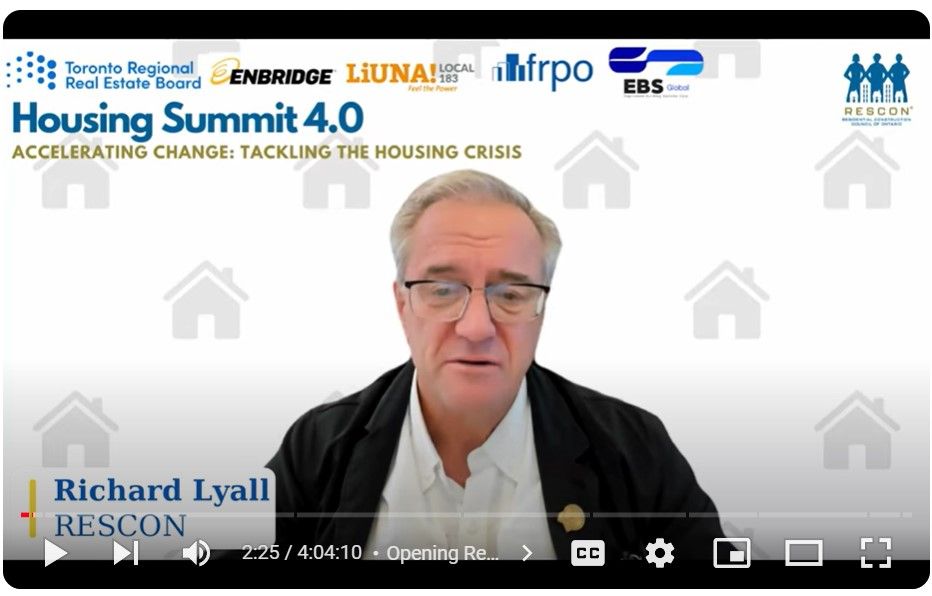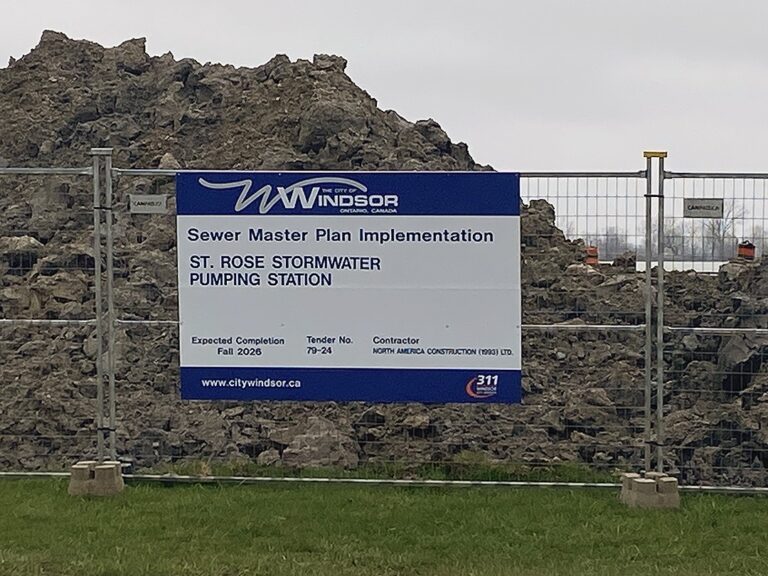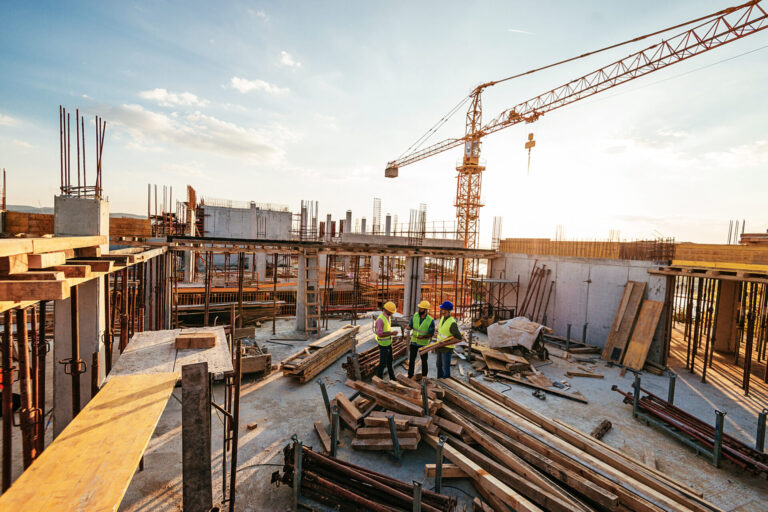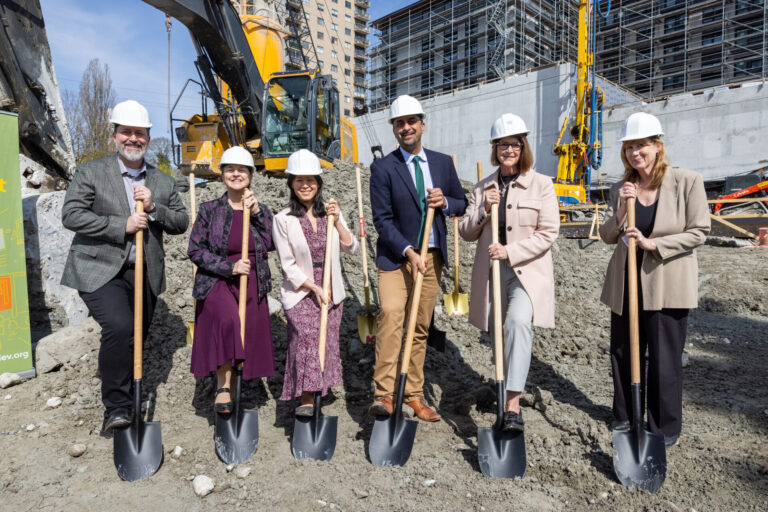By Grant Cameron
Government-related taxes, fees and levies on new housing must be reduced and approval times for projects must be shortened as production and sales of homes has slowed to a crawl.
Those were some of the sentiments expressed during Housing Summit 4.0, an event hosted by the Residential Construction Council of Ontario (RESCON) recently, that featured discussions and remarks by political leaders and industry stakeholders on how to tackle the ongoing crisis.
Figures presented at the summit showed the market is in rough shape as housing applications are dropping. The condo market is taking a beating, and projects have been put on hold.
Richard Lyall, president of RESCON, said housing is the most pressing issue facing Canadians today and the past year has reinforced how important it is to focus on righting the wrongs.
“Affordable and stable housing is crucial to growth and well-being and we are not producing enough – and we have signs that that production is actually going to be slowing,” he said in remarks.
Indeed, in the GTA, 2024 condo sales are 81 per cent below the 10-year average, the number of unsold condos is rising, and purpose-built rental apartment starts are down significantly from 2023.
Meanwhile, as of August 2024, total municipal fees per unit topped out at $134,073 for a high-rise development and $195,832 for low-rise.
Builders have been sounding the alarm bell for years on excessive taxation, red tape, and more but the calls have not been heard, explained Lyall. In April 2023, a report was commissioned that showed taxes, fees and levies make up 31 per cent of the cost of new housing.
He said governments must move quickly and focus on bringing in the changes that are necessary to build housing people can afford.
“Collaboration is essential. All levels of government, private sector partners and the broader housing staples have to be aligned in dealing with this challenge. It is vitally important that everyone now collectively understands that there is an absolute need to meet the province’s target.”
Lyall said that builders in Ontario recognize the need to boost supply and are eager to meet the challenge.
“However, we find ourselves at a crossroads in a generational housing crisis when even the middle class struggles to afford a home. Costs are too high, and it takes too long to get things done.”
Young people are the engine of future growth and innovation, Lyall said, yet many are forced to leave the GTA and the province simply because they can not afford a decent place to live.
“This is untenable. We have to dial up efforts to support change and drive housing affordability and supply.”
At one session, Corey Pacht, partner and executive VP, operations, at Fitzrovia, said the situation is worse than the picture painted by the statistics.
“Nothing is going to get delivered over the next couple of years which is a very scary thought,” he said.
Marlon Bray, executive VP at Clark Construction Management, provided a rundown on housing market activity and offered insight as to where housing is headed. He noted the taxation and approvals systems are broken, and the housing situation will get worse before it gets better.
Condo sales “have dropped off a cliff,” he said, with the number of cranes in the GTA down 22 per cent since January, which means a lot of workers don’t have a job.
In a presentation, Bray noted that home prices are four to five times higher than 20 years ago, the price of land is 10 to 11 times higher, and development charges are 30 per cent higher.
Politicians weighed in with their thoughts on what needs to be done to solve the housing crisis.
A panel of five municipal mayors, which included Toronto Mayor Olivia Chow, agreed that cities would require a helping hand from senior levels of government to lower development charges, as they would still need to fund construction of roads, water and sewer infrastructure.
Conservative MP Scott Aitchison, Official Opposition Shadow Minister for Housing and Diversity and Inclusion, was critical of federal efforts to tackle the problem, noting that the $4-billion Housing Accelerator Fund and permitting four units as-of-right is being touted as if it were a silver bullet but it does not address the underlying factors which stymie housing construction.
Municipal Affairs and Housing Minister Paul Calandra told the summit that despite the headwinds facing the housing market, he remains optimistic about the future as a result of initiatives such as extending strong mayor powers to municipalities like Toronto, putting in place a new Provincial Planning Statement, and pumping $3 billion into a program to fund critical infrastructure.
“We are going to continue to focus on cutting red tape and doing the work that needs to be done to build homes.”
Grant Cameron is Senior Director of Public Affairs for RESCON.
Featured image: RESCON president Richard Lyall. (RESCON)











